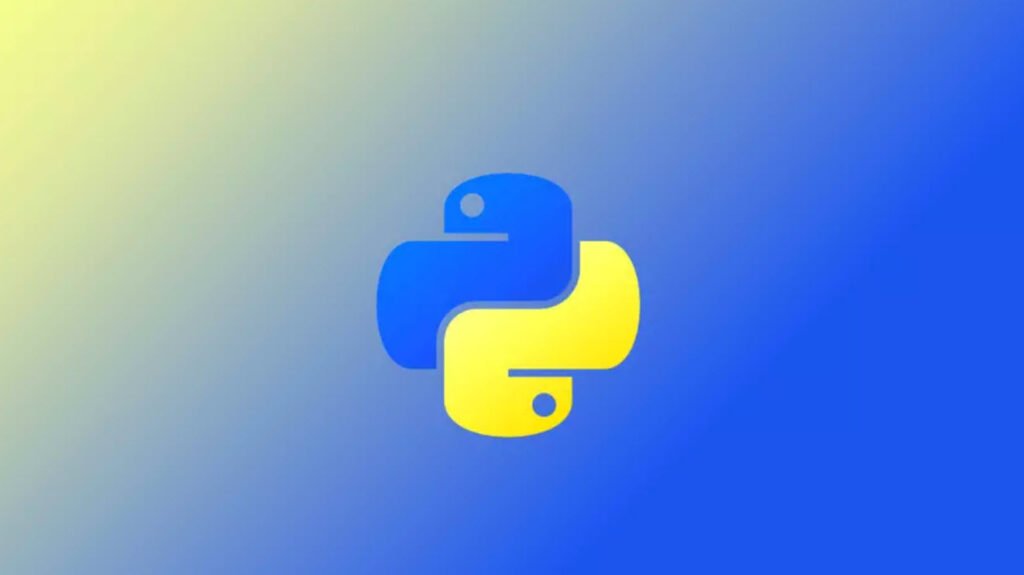
Learning Python can be a great way to improve your programming skills and start building your own applications. However, it can be quite intimidating, especially if you’re new to programming.
To overcome this hurdle, here are 7 baby steps you can take to learn Python:
- Learn the basics
- Write simple programs
- Work on small projects
- Learn from other people’s code
- Read Python documentation
- Participate in online communities
- Keep practicing
1. Learn the basics
Start by learning the core fundamentals of the Python programming language. This includes things like data types, variables, operators, control structures, and functions. Having a strong grasp of these concepts will lay a solid foundation for your Python skills.
2. Write simple programs
After you have learned the basics of Python, the next step is to start writing simple programs. Begin with basic programs that solve simple problems, such as calculating the factorial of a number, checking whether a number is prime or not, or finding the sum of a sequence of numbers. This will help you to implement the concepts you learned and get comfortable with Python syntax.
3. Work on small projects
After you have done simple programs, move on to small projects that interest you. This can be simple projects like creating a calculator, building a basic game, or automating a task. Working on small projects will develop your programming skills and boost your confidence.
4. Learn from other people’s code
Another way to get better in Python is by analyzing other people’s code. Look at open-source projects on platforms like GitHub and try to understand how it works. Analyze the code to see how it’s structured and try to figure out how the program works.
5. Read Python documentation
Python has comprehensive documentation that can be very helpful for beginners. Read the documentation to learn more about Python libraries, modules, and functions. It is a great resource to learn and understand more about Python.
6. Participate in online communities
Participate in online communities like Stack Overflow, Reddit, or Python forums. These communities have experienced programmers who can help you with your doubts and questions. You can also join Python groups on social media and ask questions. This way, you can learn from other people’s experiences, best practices, and techniques.
7. Keep practicing
Practice is the key to becoming a good programmer. Keep working on projects, practice coding problems, and try experimenting with different approaches. The more you practice, the better you’ll get. Make coding a regular habit, and you’ll find yourself improving your Python skills in no time.
Remember that learning Python can be challenging, but it can also be fun and rewarding. Keep these baby steps in mind, stay committed, and eventually, you will be able to create amazing projects with Python.
You may also like:- How To Fix the Crowdstrike/BSOD Issue in Microsoft Windows
- MICROSOFT is Down Worldwide – Read Full Story
- Windows Showing Blue Screen Of Death Error? Here’s How You Can Fix It
- A Guide to SQL Operations: Selecting, Inserting, Updating, Deleting, Grouping, Ordering, Joining, and Using UNION
- Top 10 Most Common Software Vulnerabilities
- Essential Log Types for Effective SIEM Deployment
- How to Fix the VMware Workstation Error: “Unable to open kernel device ‘.\VMCIDev\VMX'”
- Top 3 Process Monitoring Tools for Malware Analysis
- CVE-2024-6387 – Critical OpenSSH Unauthenticated RCE Flaw ‘regreSSHion’ Exposes Millions of Linux Systems
- 22 Most Widely Used Testing Tools








